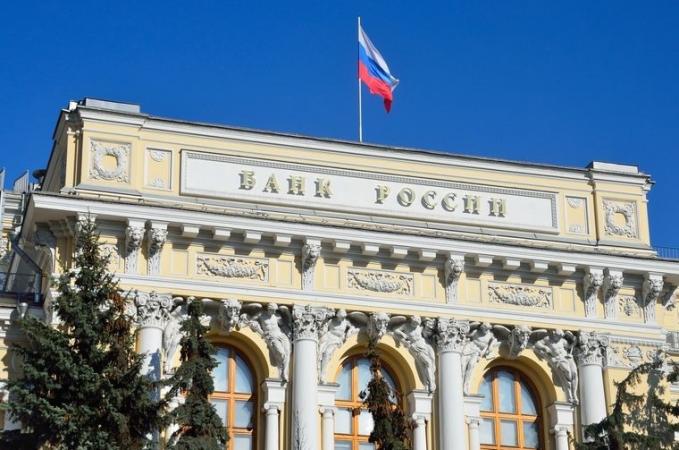European powers are increasingly willing to consider seizing more than €200 billion of Russian assets frozen in the EU as they develop plans for a potential ceasefire deal in Ukraine. The diplomatic efforts, led by France and the UK, come in response to US President Donald Trump’s decision to open bilateral negotiations with Moscow allegedly aimed at ending the Russo-Ukrainian war. Trump’s recent confrontational meeting with Ukrainian President Volodymyr Zelenskyy has added urgency to finding alternative funding sources for Ukraine.
French officials have proposed a plan where European capitals would seize the assets if Moscow violates a future ceasefire agreement in Ukraine, according to three people briefed on the talks cited by FT. This approach is seen as a way to hold Russia accountable to any agreement while providing Kyiv with security guarantees.
Currently, only the income generated by these assets – mostly cash and government bonds – is being used to repay G7 nations for $50 billion worth of loans to Ukraine, while the underlying assets remain untouched.
Growing support for complete asset transfer
Ukraine, Poland, and the Baltic States have long advocated for seizing the underlying assets.
“Enough talking, it’s time to act!” Poland’s Prime Minister Donald Tusk wrote on X last month. “Let’s finance our aid for Ukraine from the Russian frozen assets.”
The Baltic Nations – Estonia, Lithuania, and Latvia – have joined this call.
“The time is ripe now to take the next step,” Estonia’s Foreign Minister Margus Tsahkna said last month, NYT reports.
Previous resistance from major European powers and changing the stance
During recent talks with Trump, French President Emmanuel Macron said seizing the assets immediately would not be “respecting international law” but suggested the money could be “part of the negotiation at the end of the war,” according to FT.
The European Central Bank has also expressed concerns that the euro’s status as a safe option for foreign reserves would be jeopardized, as most of the frozen assets are denominated in euros.
Germany’s chancellor-in-waiting Friedrich Merz has indicated he would consider backing a proposal involving seizing frozen Russian assets, FT reports, citing a person familiar with the matter. Merz was scheduled to speak with outgoing Chancellor Olaf Scholz to align positions ahead of a March 6 summit of EU leaders.
UK Prime Minister Sir Keir Starmer said on Monday that London was examining how the assets might be deployed.
“Obviously the proceeds and profits are being used,” he told MPs after signing a deal with Zelenskyy for the UK to lend $2.8 billion to Ukraine backed by profits from Russian assets. “On the [underlying] assets themselves, it’s a very complicated issue. It’s not straightforward,” Starmer added. “But I do think we need to do more, and we are doing more work to look at what the possibilities are at least, along with other countries.”
The World Bank recently estimated that Ukraine needs $524 billion over 10 years for reconstruction, according to NYT.
Legal experts and government officials have previously warned that confiscating Russian assets could violate international law and undermine confidence in Western financial institutions. Some have expressed concern that American and European assets held in other countries might be more vulnerable in future disputes.
However, several legal and financial experts, including Lawrence H. Summers, a former Treasury secretary have argued that both the legal and financial hurdles could be overcome, NYT reports.
Related:
- Trump administration drafting Russian sanctions relief proposal – Reuters
- Lech Wałęsa, Solidarity leaders demand US honor Budapest Memorandum
- Friedrich Merz claims Trump-Zelensky clash was “manufactured escalation”
- “Go back and fix ties with Trump,” Starmer and Rutte tell Zelenskyy after clash in Washington
- “What’s at stake is too important”: French president urges continued US support for Ukraine amid growing tension




